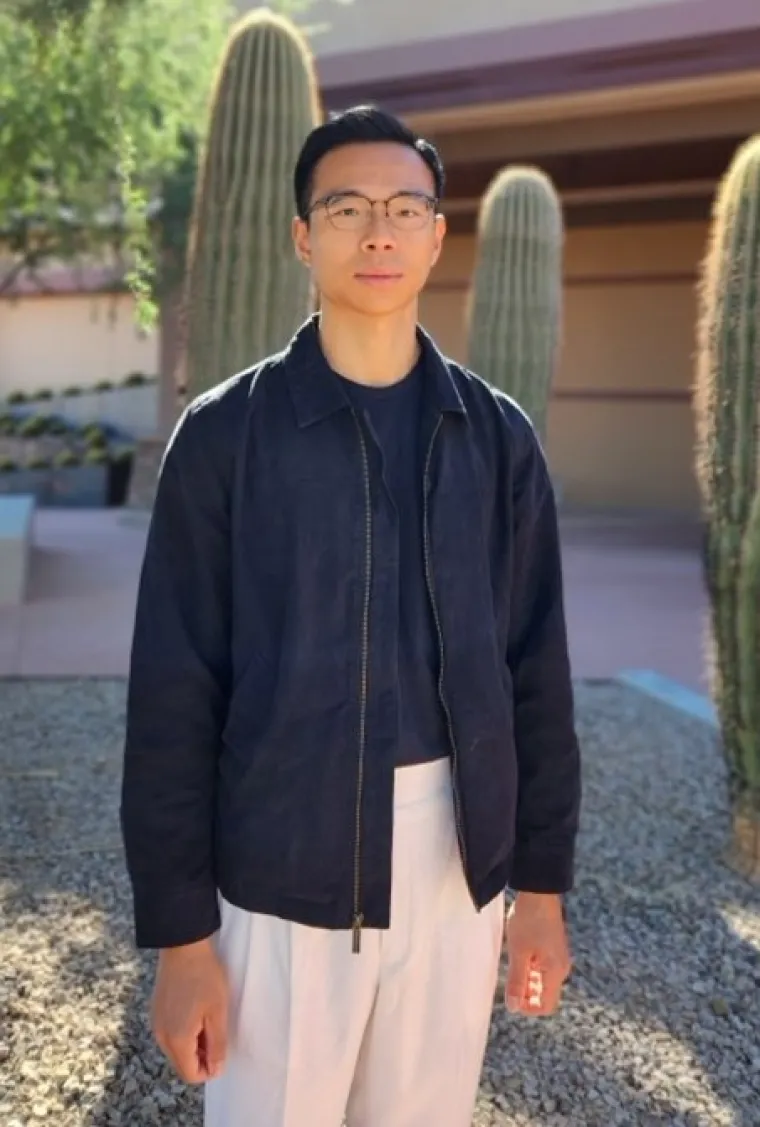Randy Chou

Randy, originally from Taiwan, embarked on his journey in the United States in 2022 to pursue his graduate degree. During his undergraduate years at the University of Taipei, he earned a B.S. in Exercise and Health Sciences. As a proactive leader, Randy founded a fitness club where he orchestrated collaborative lectures with external speakers on diverse fitness and health topics. His dedication led to selection for an exchange student program at Southwestern Oklahoma State University, supported by a scholarship from the Taiwan Ministry of Education.
Upon completing his undergraduate education, Randy pursued an MS in Exercise Science at the University of South Carolina, Columbia. Under the mentorship of Dr. Mark Davis and Dr. Angela Murphy, he delved into the interconnections of exercise, the immune system, and cancer. His master's project involved a comprehensive literature review exploring the impact of exercise on aging immunity and cancer, summarizing existing evidence on exercise's potential to ameliorate immunosenescence for enhanced cancer defense.
Currently a PhD student in the Nutritional Sciences and Wellness program at the University of Arizona, Tucson, Randy aims to deepen his exploration of exercise's beneficial effects within cancer immunology. Guided by his mentor, Dr. Richard Simpson, he is particularly interested in the role of acute and chronic exercise training in augmenting anti-tumor immunity in multiple myeloma patients. Randy also seeks to understand how different exercise modalities induce varying immune alterations, ultimately fortifying cancer defense in patients.
His ongoing project involves investigating the anti-tumor activity of peripheral blood mononuclear cells (PBMCs) from healthy donors at rest compared to during exercise, both in vitro and in vivo, against Multiple Myeloma cell lines. Building on the insights gained from pre-clinical trials, Randy plans to replicate the experiment using PBMCs from Multiple Myeloma patients before and after hematopoietic stem cell transplantation. This research aims to unravel how acute exercise can enhance anti-myeloma activity at different stages of disease progression.
Degrees
- B.S., M.S.
